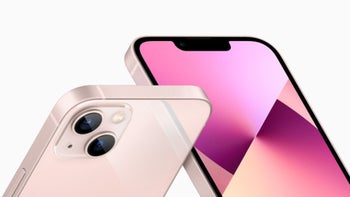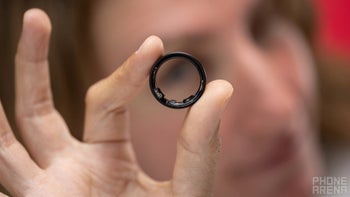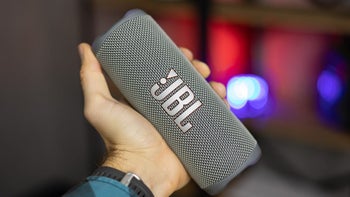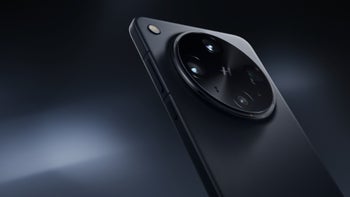Report: Apple's A15 Bionic has no major CPU improvements, minimal gain in transistor density

During yesterday's California Streaming event Apple introduced the A15 Bionic chipset. This component will power all of the handsets in the iPhone 13 series along with the new iPad mini. It is manufactured by the world's largest foundry, TSMC, using its enhanced 5nm process node (5NP). The transistor count on the A15 Bionic rose 27% to a whopping 15 billion transistors compared to the 11.8 billion on the A14 Bionic.
Typically, the larger the transistor density the more powerful and energy-efficient a chip is. The transistor density, which measures the number of transistors that fit into a square mm, rose less than 1% on the A15 Bionic despite the jump in the transistor count from 11.8 billion to 15 billion. The A14 Bionic's transistor density of 134.09 million transistors in a square mm rose on the new chip to only 135.14 million transistors per square mm.
Report blames a "brain drain" at Apple for the launch of a new chip with minimal CPU improvements
That small increase in the transistor density explains why a new report by Semianalysis says that there were no major improvements made to the CPU on the new chip. Instead, it appears that Apple delayed releasing its next-generation CPU core until next year. "We believe Apple had to delay the next generation CPU core due to all the personnel turnover Apple has been experiencing," the report says. "Instead of a new CPU core, they are using a modified version of last year's core."
The report adds that Apple suffered a "brain drain" as the company has lost a number of important employees recently including the man who designed the company's A-series chips from the A7 through A12X, Gerard Williams III. "Apple is clearly investing their transistor budget in the non-CPU aspects of the SoC," said Semianalysis.

The A15 Bionic has 27% more transistors than the A14 but has less than a 1% gain in transistor density
And while Apple cited a 40% improvement in performance for the new sixth-generation iPad mini which will be equipped with the A15 Bionic, this covers the improvement from the A12 Bionic chip that was used with the fifth-generation iPad mini. The new chip also is behind the 80% hike in GPU performance found with the new iPad mini.
Apple usually mentions how much of a boost in performance to expect from the new chipset it debuts every year in the iPhone. The comparisons that the company cited with the iPad mini are not very important since it is comparing its latest 2021 chip with one that is three years old. And with the improvements that are made every year in semiconductors, a lot can change in three years.
Apple failed to give its expectations of performance increases for the iPhone 13 line using the A15 Bionic SoC
When it came time for Apple to unveil the iPhone 13 series and unwrap the A15 Bionic, it discussed the 15.8 trillion operations per second that the chip can handle, 44% more than the 11 trillion operations per second that the A14 Bionic could do. Apple also mentioned the five core GPU on the Pro units which it says will deliver the best graphics on any smartphone. But Apple never mentioned the improvements that we could see with the A15 Bionic in performance and energy consumption vs. last year's A14 Bionic.
The new ISP supports better photo and video algorithms and the improved display engine is required for the ProMotion 120Hz screen that updates the display 120 times per second. The system cache doubled to 32MB and the RAM chip has been improved to LPDDR5 from LPDDR4X.
Why the silence from Apple? According to SemiAnalysis, this was an intentional act by Apple. Instead of saying that the A15 Bionic's CPU was 50% faster than last year's A14 Bionic, Apple said that the CPU on the new chip was 50% faster vs. the competition, a nameless group of semiconductors from chip designers like MediaTek, Samsung, and Qualcomm. And the older chips used in Apple's comparison will soon be replaced by faster chips from the "competition."













Things that are NOT allowed: